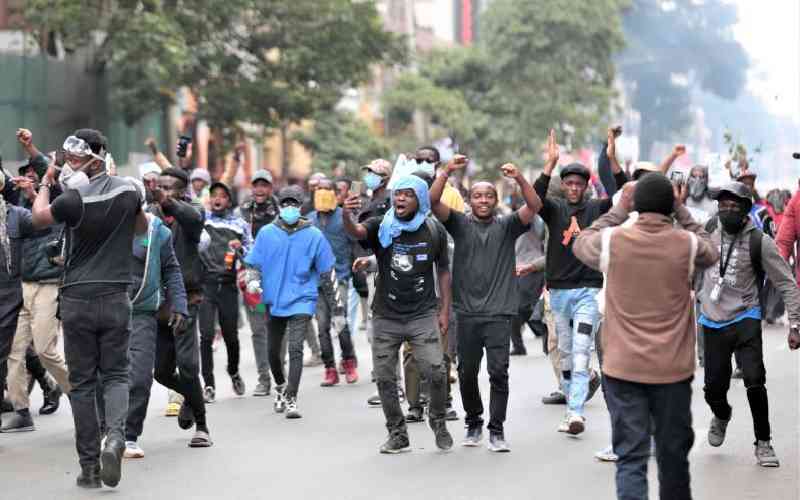×
The Standard e-Paper
Stay Informed, Even Offline

As Gen Z's protests resumed across the country, it was a busy day for President William Ruto meeting foreign dignitaries at State House, Nairobi.
President Ruto, flanked by Prime Cabinet Secretary Musalia Mudavadi met with Irish Deputy Prime Minister and Minister for Foreign Affairs and Defence Micheal Martin who is on an official trip to Kenya.